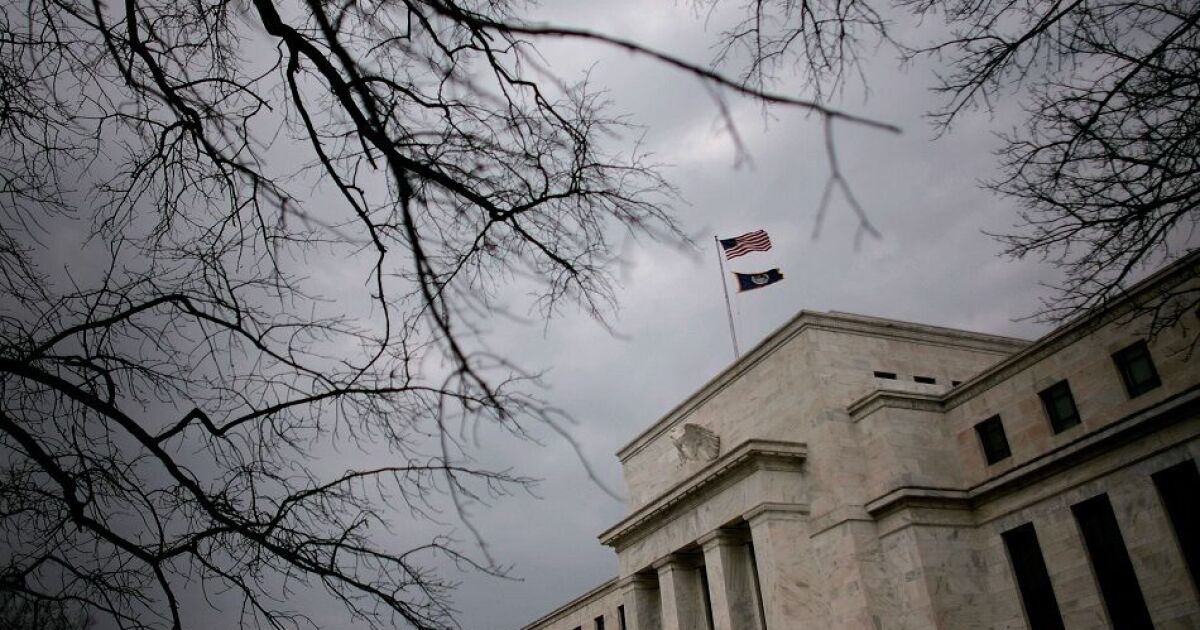
Despite speculation following the Federal Open Market Committee's June meeting that
Only one respondent in Wolters Kluwer's Blue Chip Economic Indicators survey, conducted July 7 and 8, after
Fed rate cuts do not directly affect mortgage pricing, but investors in
When do economists expect the Fed to act?
September remains the most likely timing for the next cut, with 55% of survey panelists expecting action then, up 5 percentage points from the June survey. Another 10% predict a cut in October, while 33% don't see a rate reduction until later.
Long-time mortgage banking executive Melissa Cohn said with uncertainty around tariffs, especially after the latest delay in implementation, as well as the "massive legislative changes" related to the tax bill, a FOMC cut is not likely to happen until much later in 2025.
"The tariffs were supposed to go into place on July 1, and the Fed would have had July and August before its September meeting to analyze the impact on our economy," said Cohn, regional vice president of William Raveis Mortgage. "Now, if they aren't going to start until August, they really only have the August data," and that is not "enough compelling evidence" for them to act at that time.
How tariffs are shaping inflation expectations
Fed officials have expressed concerns of the impact of President Trump's tariff policy on inflation. But they, as well as most of the BCEI, think it will be a one-time increase in prices.
"However, they are aware of high-side risks," the Wolters Kluwer report said. "If long-term inflation expectations were to stir, the Fed most likely would provide resistance. At the same time, if long-term expectations remain anchored, officials will probably look through the tariff-related pressure and resume easing."
What to expect from the next rate cut
The July BCEI consensus for 2025 Fed Funds Rate reductions remains at 47 basis points, similar to June and down from 60 basis points in May and 65 basis points in April.
Almost everyone on the panel expects the next cut to be 25 basis points, in spite of the pressure campaign being conducted by the White House. Just 2% said the next drop will be 50 basis points.
"Everyone thought that September would be lift-off, but every time [the president] postpones the tariffs, that pushes back D-Day for the Fed," Cohn commented.
What the tax bill means for the US economy
The Wolters Kluwer survey asked panelists if the
Slightly more than half considered the legislation to be stimulative to the economy in 2025 or 2026, 56%, although 11% expect the effects to be restrictive and the remaining 33% said neutral.
As a result of the diversity of views, the consensus estimate of the bill's impact on gross domestic product was similar with forecasts from earlier this year.
"Focusing on the projections for 2026, when the legislation would have a larger effect than in the current year, the July survey showed expected GDP growth of 1.8% over the four quarters of the year," the BCEI report said. "This view is close to the 2.0% expected in January, when the Big Beautiful Bill was barely registering on radar screens."



